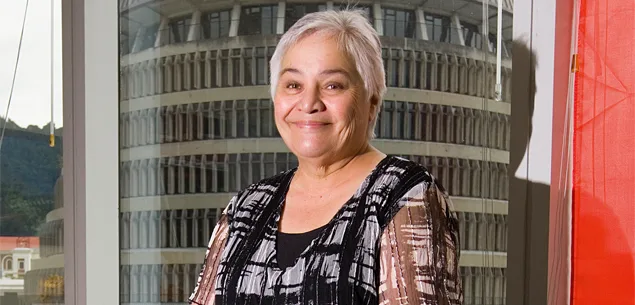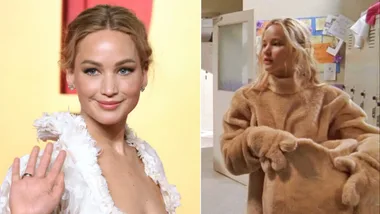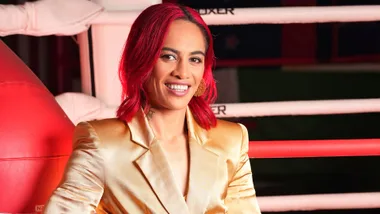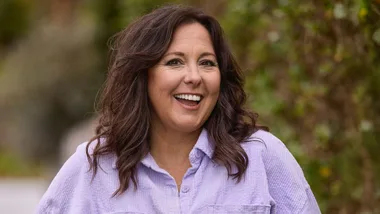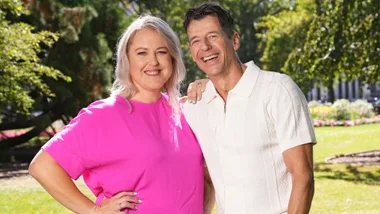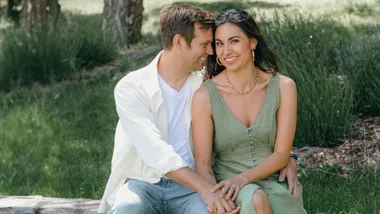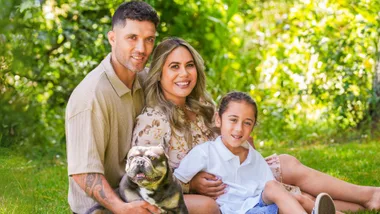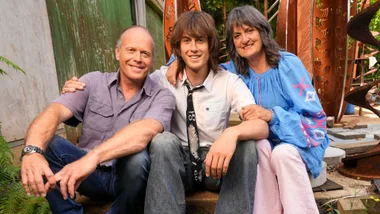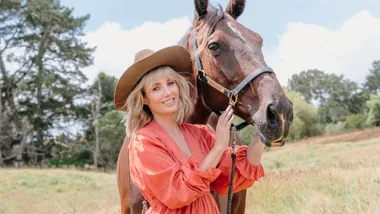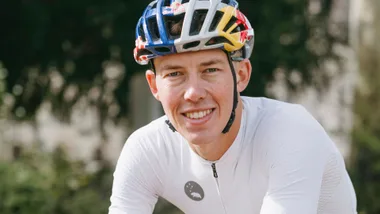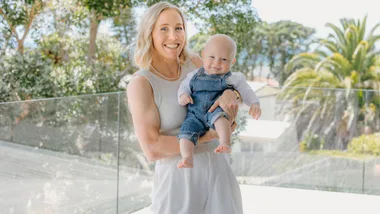**Tariana Turia
***Politician
*
The founder and current co-leader of the Maori Party and MP for Te Tai Hauauru, Tariana is the minister for Whanau Ora and minister for disability issues. She’s also associate minister of housing and health, and associate minister for social development and tertiary education, skills and employment.
**Who is the New Zealand woman who has most shaped our nation?
**Dame Iritana Tawhiwhirangi – she transformed the early-childhood sector and our wider community by developing the kohanga reo movement, which is a collective approach based on whanau. The role she saw for kuia, koroheke and parents had a major impact on our people, and I think it made them consider how those early years impact on children.
**Who is the New Zealand woman who has most shaped politics?
**There are two women who really played a significant role in shaping New Zealand politics early on: Iriaka Ratana (Labour MP, first elected in 1949), and Whetu Tirikatene-Sullivan (Labour MP, first elected in 1967), who was the first Maori female cabinet minister. Both of these women were very strong leaders and were always prepared to take up issues that mattered to Maori. Both of them came at a time when there were mostly males in parliament and yet they had long political careers and also had children while they were there.
**Who is/was the biggest mentor in your life?
**I have been raised mainly by women. My grandmother and my two aunts, Waiharakeke Hunia- Waitere and Paeroa Hunia- Hawea, were definitely the people who had the most influence over my thinking. They gave me strong values and had huge expectations of me. They taught me the importance of kaupapa and tikanga, responsibility and obligation in our lives. I still think about them constantly.
**What is the best advice you have been given?
**To stand by those things that you know to be right, and that people may not like you for that but they will respect you in the long run – and that is more important.
Complete the sentence: New Zealand women are… many, many things. When you think today about the roles that women play, from being prime minister right through to being amazing young mothers, you know that there is such a breadth of realities.
**What do you wish you had known at age 20?
**Sometimes people think you grow wiser with age, but I’m not sure that is necessarily true. I think you have a lot more life experience to draw on. There is nothing that I would change, but I wish I had then the kind of knowledge about the systems and how the systems operate that I know now. That might have helped me to consider what my future might have been, so maybe I might have made a political decision earlier and not waited till the end of my life to make that move.
**What/who is your greatest inspiration now?
**My whanau, my hapu and my iwi – I am constantly inspired by them to have self-belief. I am inspired that
they have self-belief, that they are committed to particular pathways in life – I love that. I love that they make decisions on the belief that it is the right way at that time – if only all of our communities could be constructive and positive about our future, to believe that we “can do” rather than we “can’t do”.
**What has been your greatest triumph and hardest failure?
**My greatest triumph is being a young mother and therefore today being able to see my great-grandchildren. You never imagine these little extensions of your whakapapa are going to be there running around – it gives me the greatest joy. I have 19 great-grandchildren and 26 grandchildren. I’ve been at almost every birth. When you think about failure, you think about it in a very personal way; when situations happen within your whanau that you may have had no control over, but you often feel very deeply that you could have done things better as a mother to prevent them from happening. There have been times where I have felt considerable pain that I have not been able to foresee certain things and have not been able to intervene.
If you could change one thing about New Zealand it would be… that we could build a society that’s respectful of difference, that acknowledges people have a right to retain the essence of who they are and to live through their cultural practices.
